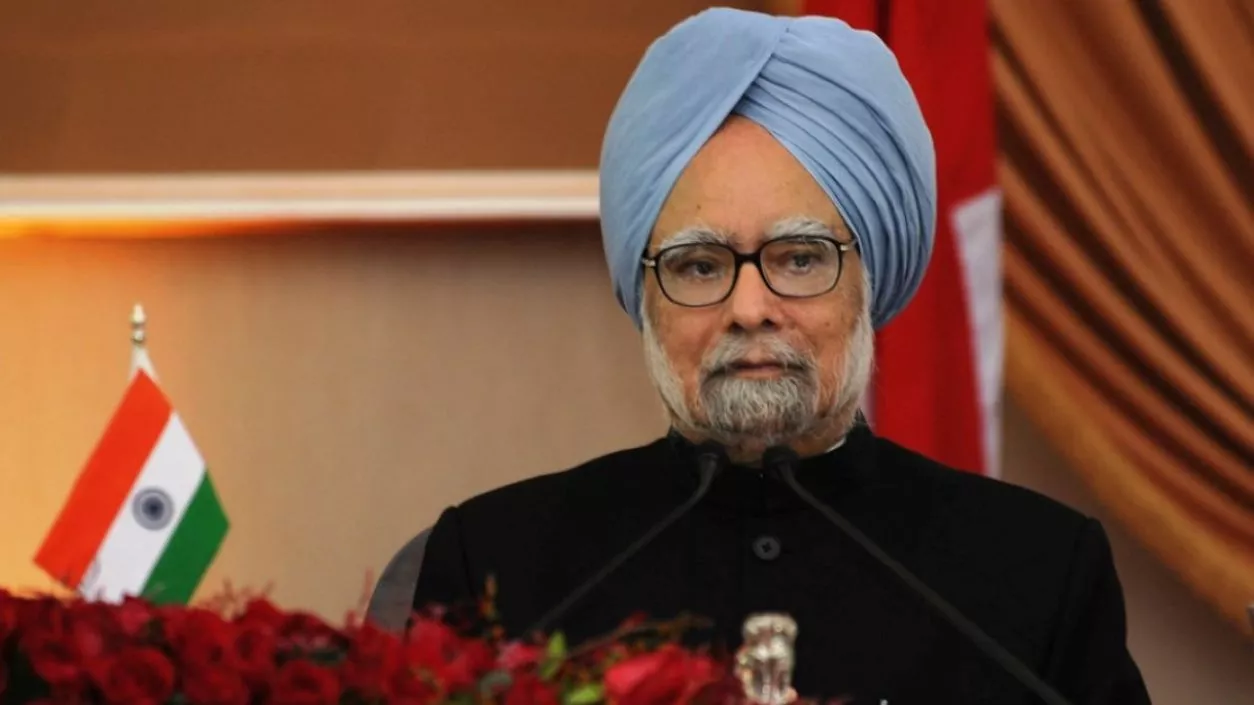New orders for illegal construction on Government land in Bengal
.gif)
.gif)

The passing of former Prime Minister Dr. Manmohan Singh on December 26, 2024, has brought renewed focus to a critical moment in India’s political history in 2010. During this year, Bengal was embroiled in the aftermath of the Nandigram and Netai massacres, two violent incidents that involved police action against protestors. In Nandigram, in 2007, clashes between police and villagers protesting land acquisition resulted in several deaths, while the 2010 Netai massacre saw the killing of 12 people in a village by armed goons allegedly linked to the ruling Left Front government. These massacres intensified political tensions, with accusations of human rights violations and political repression in the state.
Amid the violence and unrest, a group of prominent civil society leaders from Bengal, including theater personalities Bratya Basu, Arpita Ghosh, and others, sought a meeting with Prime Minister Dr. Singh. They aimed to bring national attention to the political and human rights situation in the state, seeking central government intervention. The delegation’s goal was to highlight the government's handling of the violence and demand accountability for the deaths and injuries. The group specifically addressed the issues of alleged police brutality, political killings, and the suppression of dissent in Bengal under the Left Front government, which was led by the Communist Party of India (Marxist) at the time.
The meeting took place at Dr. Singh’s residence in Delhi, where the delegation presented a detailed account of the incidents and the unrest in the state. The Prime Minister listened attentively to their concerns for around 25 minutes. Following their presentation, Dr. Singh assured them that he would take up the matter with the Home Minister, P. Chidambaram, and work toward addressing the situation. His response indicated a willingness to ensure that the concerns raised by the delegation would be formally communicated to the relevant authorities for further action.
In addition to their meeting with Dr. Singh, the delegation also sought an audience with then-President Pratibha Patil and Home Minister P. Chidambaram. The group aimed to emphasize the severity of the violence and the need for a swift, central response. They sought both political and humanitarian intervention to ensure justice for the victims of the massacres and the wider unrest that had affected Bengal during that period.
The Nandigram and Netai massacres had significant political consequences for the Left Front government. The violence, along with the perceived failure of the government to address the concerns of the people, contributed to widespread public disillusionment. This atmosphere of unrest helped fuel the political rise of Mamata Banerjee, who led the opposition Trinamool Congress and eventually succeeded in unseating the Left Front in the 2011 West Bengal Legislative Assembly elections. The events of 2010, including the civil society delegation’s meetings with national leaders, played an essential role in shaping the political climate that led to the regime change in the state.